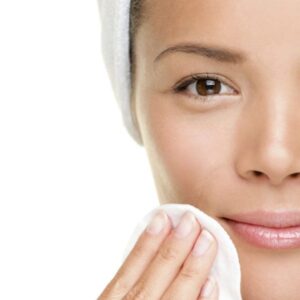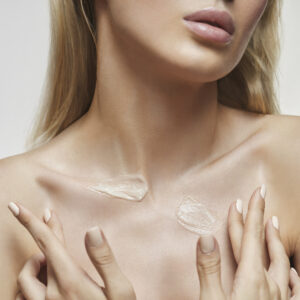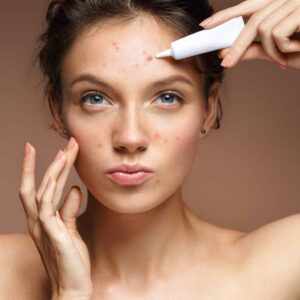THE OMNIPRESENT MICROBIOME …
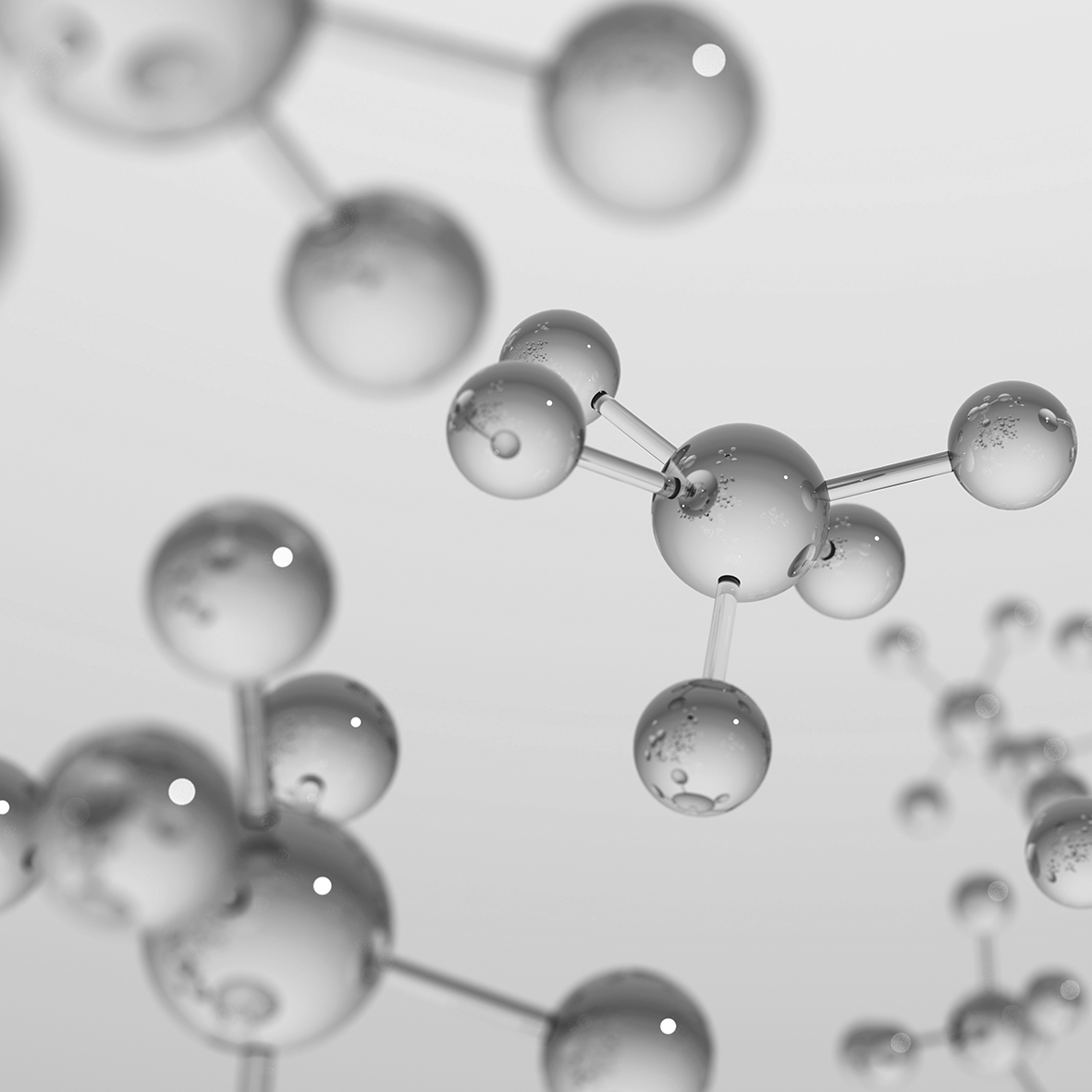
It is estimated that 1 cm 2 of human skin is colonized by an average of one million bacteria. The diversity and dynamics of the human microbiota stratum depend on many factors, including age, gender, race, and the area of the body in which it occurs. The composition of the microbiota changes throughout life. In newborns, the degree of microbiome diversity largely depends on the way the child is born and is more diverse as a result of natural childbirth. However, with age, the diversity of the microbiome decreases.
The skin is inhabited mainly by four types of bacteria: Actinobacteria, Firmicutes, Bacteroidetes and Proteobacteria.
PROTECTIVE ROLE OF BACTERIA LIVING IN SYMBIOSIS
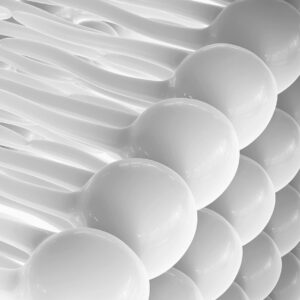 Lifestyle, inappropriate diet, chronic stress, antibiotic therapy, temperature changes, UV radiation, inappropriate skin care (e.g. frequent washing with strong surfactants such as SLES), as well as preservatives present in cosmetics and food can contribute to dysbiosis, i.e. disruption of microbiota homeostasis. The skin’s protective barrier does not fulfill its basic functions, which consequently leads to dermatoses and inflammation.
Lifestyle, inappropriate diet, chronic stress, antibiotic therapy, temperature changes, UV radiation, inappropriate skin care (e.g. frequent washing with strong surfactants such as SLES), as well as preservatives present in cosmetics and food can contribute to dysbiosis, i.e. disruption of microbiota homeostasis. The skin’s protective barrier does not fulfill its basic functions, which consequently leads to dermatoses and inflammation.
HOW DO COSMETICS AFFECT THE SKIN MICROBIOME?
Improper skin care with too strong surfactants or preparations with a low pH contributes to the depletion of the microbiota and the growth of acidophilic bacteria. Failure to support the epidermal barrier by using emollients, especially in dry skin, also leads to disorders in the composition of the microbiota. At the same time, with the help of specific cosmetic ingredients – prebiotics, probiotics and postbiotics it is possible to improve the epidermal barrier. The terms probiotic and prebiotic are already well known, while postbiotics are a new form of modulating the microbiota. Postbiotics are all bioactive components that are produced by bacteria, e.g. during the fermentation process. They also include bacterial fragments, their metabolites and enzymes.
Both probiotics, prebiotics and postbiotics found in cosmetics provide skin protection against pathogens, allergens and other harmful environmental factors, strengthen the skin’s immune barrier, support regeneration and soothe irritation. They also reduce the effects of skin aging by restoring its proper pH, weakening photoaging processes and improving the tightness of the epidermal barrier.



